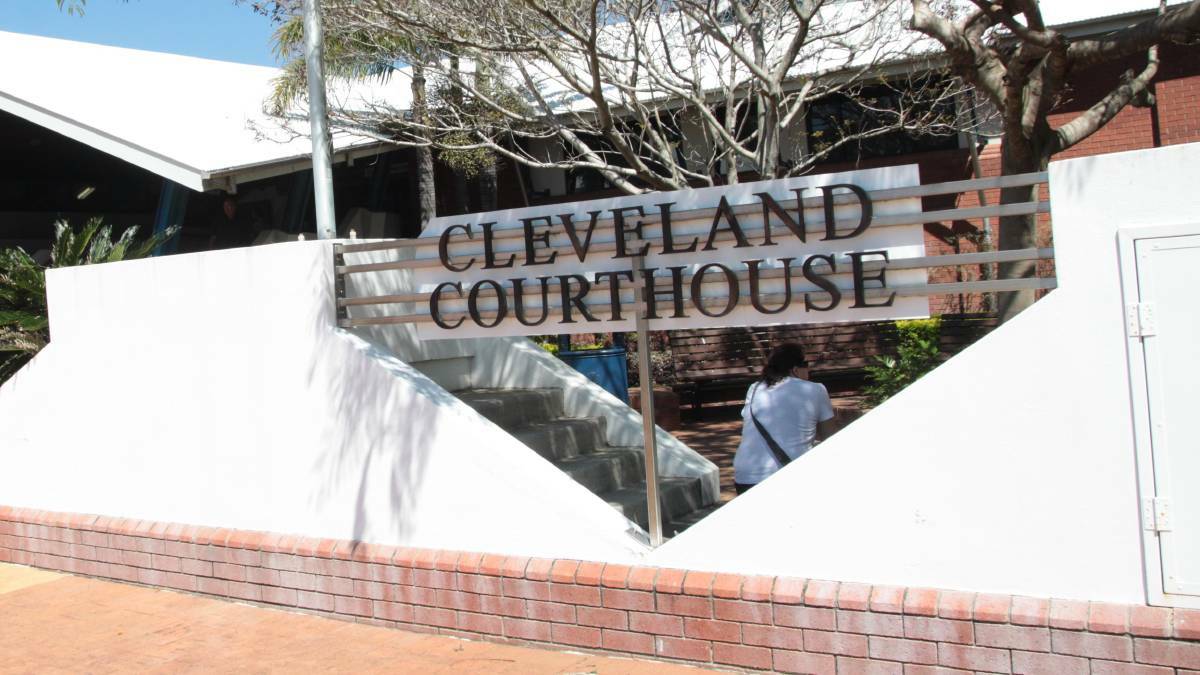
COOKING a meal would not be regarded as tough punishment, but for teenagers facing court such activities may be life-changing.
Cleveland magistrate Deborah Vasta deals with teenagers who have committed offences such as theft, assault, drug-related crimes, drink-driving and robbery, often fueled by drugs.
She says few people see the human side of youth offenders or know their circumstances.
"In the public's eyes they are monsters," she says.
"But many of these kids have already experienced a lifetime of neglect, abuse and violence at the hands of people who are supposed to love them, and their brains aren't mature or developed enough to work through solving their problems which are significant."
Most foster carers don't want to take in 11, 12, 13 year olds because the children are so damaged already.
- Magistrate Deborah Vasta
Ms Vasta says that where a teenage boy, living with his single mother, was disengaged with school and spending time with youth who were a bad influence, cooking a meal - and cleaning up afterwards - can make a difference.
"It can stop the cycle of a mum nagging at her son because he's getting up to no good," Ms Vasta said.
"The kids feel good about themselves because they are doing something helpful and mum is speaking to them nicely because she is grateful to see her son cooking and cleaning up."
Ms Vasta has seen boys connect with their mothers through cooking and some have begun to watch television cooking shows together.
"One boy's mother said reading recipes had helped him with his school work," she said.

Child safety
SOME teens appearing before Ms Vasta are accompanied by a parent, seldom both, but about three-quarters are or have been in child safety care, or had some contact with child safety.
"They have often been exposed to things such as domestic violence or drug use," she says.
"They are already disadvantaged. They are more likely to suffer depression or anxiety.
"We see again and again, kids who gravitate from being children on child protection orders to being in residential care because their parents are drug addicts."
Ms Vasta says many of the teens lack positive role models, have little experience of healthy relationships and feel unloved.
"Some people might think the solution to youth offending lies in 'beating it out of these kids' but that teaches them violence is a solution," she said.
For offending pre-teens and teenagers who are disconnected from their parents, it can be difficult to find foster families.
"Most foster carers don't want to take in 11, 12, 13 year olds because the children are so damaged already," she says.
"They're likely to run away. They're likely to kill your cat. They're likely to steal from you. So those kids go into residential care facilities."

One 14-year-old who appeared before Ms Vasta in the Cleveland Children's Court recently had been charged with more than 36 offences just this year.
He had been reported missing from foster care facilities 13 times in six months. Before this court appearance he had been picked up by police on the Gold Coast on charges including unlawful use of a vehicle.
His appearance occurred just weeks after a 14-year-old occupant in a stolen car - allegedly driven by a 14-year-old - died in a shocking crash.
Proposed laws and solutions
INTRODUCING youth justice laws into Parliament last month, Youth Justice Minister Di Farmer said most young people who came into contact with youth justice faced a range of complex issues.
We cannot keep doing the same thing and expect different outcomes for our young people.
- Youth Minister Di Farmer
She says 52 per cent of young offenders are disengaged from education, employment and training, 18 per cent are homeless or in unsuitable accommodation and 58 per cent had mental health or behavioural disorders.
"We need to work hard to address these issues and change the story for these young people, to help them re-engage with education, employment, training and their communities," Ms Farmer said.
"We cannot keep doing the same thing and expect different outcomes for our young people."
Ms Farmer says the proposed laws aim to keep people out of watch houses and detention while maintaining community safety. Young offenders placed in detention are more likely to re-offend.
University of Queensland lecturer Suzanna Fay says that there is not much evidence that severe punishments - regarded as being tough on crime - lead to a decrease in youth crime.
She says children given custodial sentences face unintended consequences such as exposure to other delinquent youth, and withdrawal from school or other legitimate or positive social experiences.
Dr Fay says bringing offenders and the people harmed together in restorative justice conferences had been shown to reduce offending over time.
"These programs highlight the importance of youth offenders being able to take responsibility for their actions," she says.
"Even victims of youth crime report that the restorative justice conference helps them to deal with the effects of being a crime victim."
Such findings could be behind the Queensland government's $27.5 million budget boost for processes such as restorative justice conferencing and $28.7 million to help young people to reconnect with education, training, employment and life skills.
Last month the Queensland government created a Youth Justice Department and announced the first whole-of-government Youth Justice Strategy.
Magistrate Vasta hopes that in talking about youth justice and young offenders, people will put themselves in the shoes of these teenagers.
"It takes a village to raise a child," she says.
Submissions
SUBMISSIONS on the Youth Justice and Other Legislation Amendment Bill 2019 must be made by midday on Wednesday, July 10.
Resources
- Gotcha4Life Foundation gotcha4life.org
- Drug Aware drugaware.com.au
- Headspace headspace.org.au
- Drinkwise drinkwise.org.au


